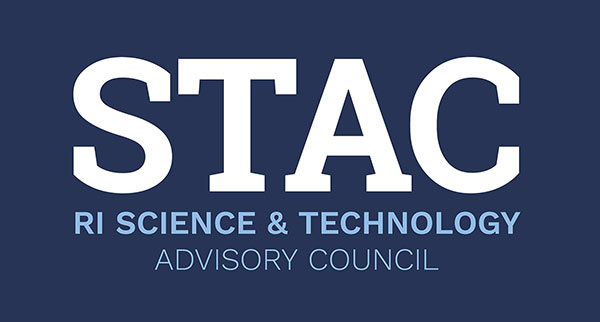Denice Spero, Ph.D.
Research Professor and Co-Director, iCubed at URI
Polio. Whooping cough. Measles. Rubella. Diphtheria. These dreaded infectious diseases may sound like sickness of many years past. But little more than a century ago, they were responsible for high rates of infant and childhood mortality—rates that have been radically reduced in our modern society, thanks to the development and widespread use of vaccines.
Vaccines have saved countless millions of lives, revolutionizing medicine and life as we know it. And, according to Dr. Denice Spero, research professor and co-director of the Institute for Immunology and Informatics (known as iCubed), the science of vaccines is experiencing another revolution right now, poised to change the way we think about preventing disease.

Ever since 1796, when Edward Jenner first injected cowpox from a milkmaid’s hand into a boy to prevent smallpox, the practice of using a whole bacteria or viral pathogen to immunize against a disease has stayed pretty much the same. “The traditional way of making vaccines is to take the whole pathogen and kill it with chemicals or with heat (we call it ‘shake and bake’), or attenuate it so it’s not virulent,” says Dr. Spero. “This vaccine is then given to a person so that if they encounter the pathogen, their immune systems will be ready and able to fight the disease. This approach works well and has saved literally millions of lives each year.”
But in the last decade or so, this whole approach to vaccine development has changed dramatically. Modern computer-aided technology has made it possible to map out genomes—the detailed instructions for making proteins—including the genomes of deadly pathogens. When scientists have a “blueprint” for the genome of a particular type of bacteria or virus, they can again use computer-aided technology, known as informatics, to design more effective vaccines. Dr. Spero explains how it works:
“We look at the genome of the pathogen; that genome makes proteins, and those proteins during an immune response get cut up into tiny pieces called peptides. Our tools predict which of those pieces will interface with the immune system.” This approach has a number of advantages, the main one being speed. “The initial work is all done on the computer, so it’s really fast. You can screen hundreds of thousands of pieces of information in very short periods of time. Our approach allows us to choose which proteins are put into a vaccine candidate. Only the essential pieces will go into the vaccine, so it’s potentially safer. We only include peptides that would generate an immune response, and we leave out peptides that are very similar to human peptides, to avoid an autoimmune response.”

iCubed stands at the forefront of the race to develop newer, safer vaccines. The team at iCubed, including Dr. Spero and founder Dr. Annie DeGroot, recently received a large NIH grant to develop vaccines for hepatitis C, h. pylori, and tick-borne diseases like lyme and babesiosis. They’re working on a bio-defense vaccine to protect soldiers and citizens from potential biowarfare and bioterrorism agents. And they are also working on vaccines for a number of tropical infectious diseases, long neglected since they tend to only affect the world’s poorest. Dr. Spero notes, “with global travel, the concept of infectious diseases traveling rapidly around the world is a reality. Being able to react quickly to design a vaccine to new pathogens is very important.”
Another important mission at iCubed is education. This winter, they hosted 14 young PhD’s from the U.S. and developing countries to train them to use the informatics technology; they will then provide them with free access to these cutting-edge tools to continue vaccine research in their native countries.

iCubed is also deeply invested in helping to jump-start the local economy. They recently received a $20,000 grant from the Innovation Providence Implementation Council (IPIC), an initiative of the Greater Providence Chamber of Commerce, for their work to provide business and basic vaccine training to Rhode Islanders, instructing new generations of researchers and entrepreneurs how to start businesses in the healthcare arena.
“By investing in iCubed,” explains Laurie White, President of the Chamber, “IPIC is investing in ideas that will drive our economy in the future. We share the vision of building Rhode Island as the nation’s epicenter for biotech vaccine research. Such an environment will create a cadre of cross-trained scientists and business professionals who will be poised to start vaccine-related biotechnology companies in Rhode Island.”
Dr. Spero adds, “We’d like to be able to do everything in Rhode Island: gene to vaccine. This would include the immunoinformatics, lab testing of vaccine candidates (which we currently do in our labs at iCubed), scale up, manufacturing and clinical trials of the vaccines.” iCubed is in fact hoping one day to relocate to a new facility in the Knowledge District, one that could house their expanding research, the URI biotechnology programs and provide space for other groups who would like to come together in a state-of-the-art space in Providence. “We would love to see a new building go up in the Knowledge District. It would create jobs, and benefit the local economy.”
